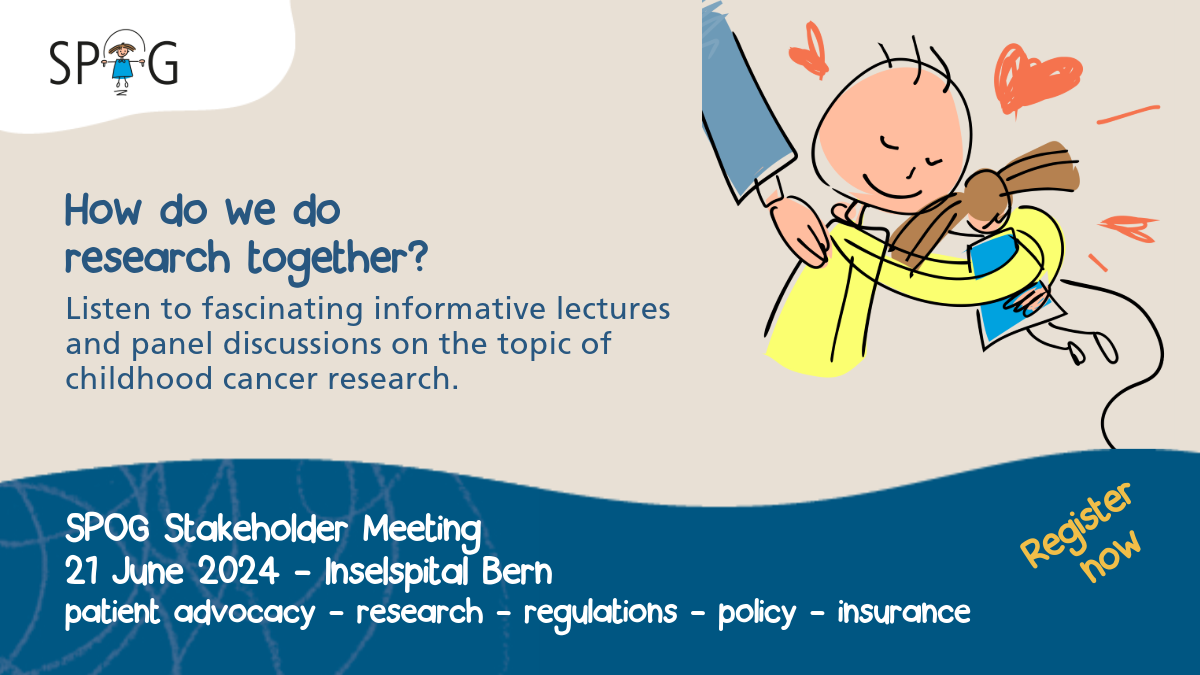Ependymomas are tumours of the central nervous system and are among the most common malignant brain cancers in children and adolescents. The prognosis remains poor, especially for young children. One of the greatest challenges in paediatric oncology is to find an effective treatment for these patients, not least because around half of all cases are diagnosed in children under five.
The chance of recovery for a patient with an ependymoma is determined largely by the location of the tumour and the possibility of removing it completely by surgery. About five children and adolescents are affected by this disease in Switzerland every year and can take part in the SIOP Ependymoma II study.
The aim of this study is to increase the diagnostic accuracy for ependymomas and to improve and standardise the therapy at a European level, guided by the patient’s age, the location of the tumour and the outcome of surgery. An important element in this study is the evaluation of examination findings by groups of national and international experts. Modern laboratory techniques will additionally be used to determine the tissue characteristics of the tumour in order to increase the reliability of the diagnosis and to obtain further information about the expected course of the disease. The data generated by the study will help to improve understanding of the biology of ependymomas and to enhance the quality of life and prognosis for the survival of affected patients.
The Centre Léon Bérard in France is responsible for the international implementation of the study as sponsor. The Swiss Paediatric Oncology Group (SPOG) is responsible for performing the study in Switzerland (sponsor representative).
In short
- The study is investigating the treatment of ependymomas , which are tumours of the central nervous system and are among the most common malignant brain cancers in children and adolescents.
- The prognosis for this disease is not good, particularly in young children.
- The aim of this study is to increase the diagnostic accuracy for ependymomas and improve the treatment that is individually adapted to the patients, thereby enhancing the survival chances of the individuals concerned.




